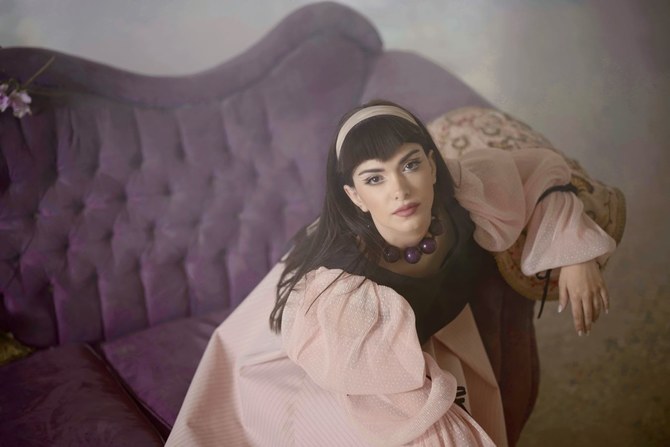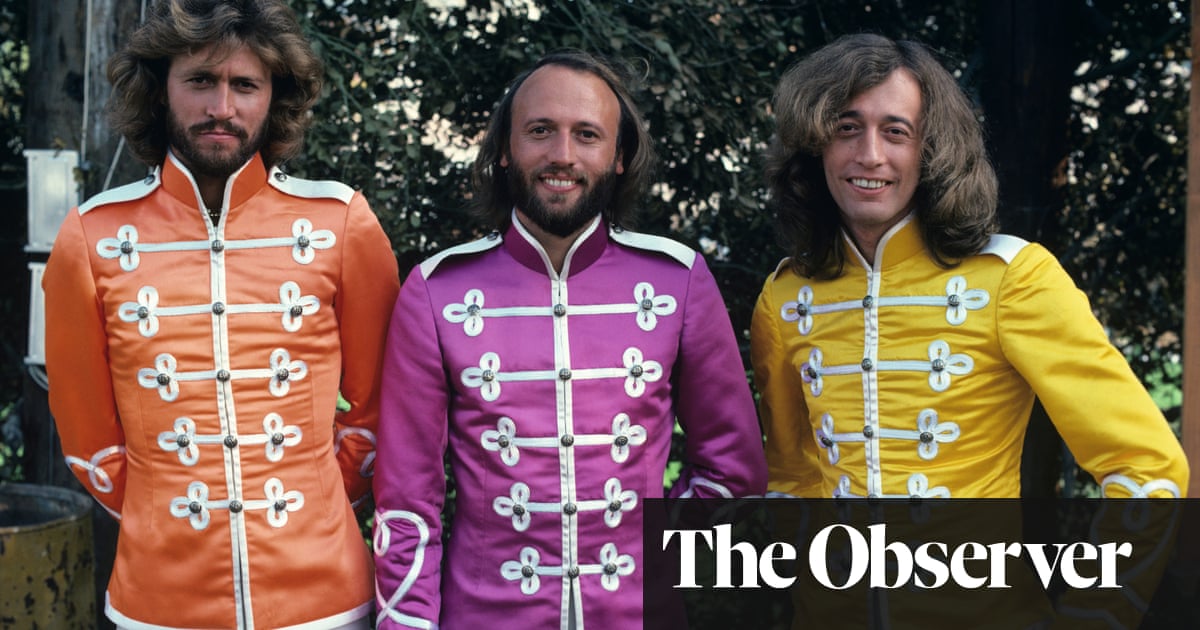
stonishingly, Bob Dylan turns 80 on Monday. For millions of people like me, this is a moment to celebrate. We’re insane, of course. We listen to him every day like other people pray. We’ve been to hundreds of the live shows – witnessed the transcendent moments and stood there loyally through entire set lists of dirge and backed-up drains. We know all 39 studio albums inside out; and the bootlegs; and the basement tapes; and the bootlegs of basements. We can tell you what year a recording was made simply by hearing which of Dylan’s dozen or so voices he is using. Bad Dylan for us is interesting Dylan. We were there for the desert wastelands of the mid-late 1980s, the soporific crooning-swamps of the middle 2010s; we even bought the 2009 Christmas album – a record so bad that an hour of pocket-dialled voicemail would make for less painful listening.
So what exactly are we celebrating? What have we been listening to all these years? And is there any way we can share the experience with the unconverted - or at least illuminate it a little?
In a straightforward way, we are celebrating the immensity of Bob Dylan’s 60-year artistic contribution to the human story. The man has written more than 500 immortal songs. But we’re also celebrating the way in which he has continued to make work that is still so alive and expressive, well into his eighth decade. His last album, Rough and Rowdy Ways (2020), will come to be considered one of his finest. Where once he was the most interesting Hamlet of his generation, he is now the most interesting Prospero. As with Goethe or Beethoven or Picasso, the late works stand as measured and resonant equal to the raw, intense virtuosity of his unsurpassable early output – those first eight albums, written and recorded between the ages of 21 and 26.
We are celebrating Dylan’s inspiring commitment in another way, too. From 1990 until 2019, he played an average of more than 100 shows a year – every year – all around the planet. Can you imagine that? Forget the artistic requirements, could you even face the travel? It takes most people a fortnight of sweat to psych themselves up for a wedding speech or an instantly forgotten work presentation in their home town. But consider what it’s like holding an audience of thousands for two hours with nothing but your voice, your songs, your words.
And it’s in the live performances that we’re celebrating another thing about Dylan’s extraordinary creative dynamism. Because every night he plays his songs in a slightly different way. Works from decades ago will be reimagined and reshaped so as to acquire new resonances – not just for the audience, but also for Dylan himself. Unlike, say, Mick Jagger, whose work is some kind of frozen-in-time museum re-enactment, or Paul Simon, whose fastidiousness speaks somehow of anxiety and limitation, or Paul McCartney with his nursery rhymes, Dylan writes songs that are textured and capacious enough to withstand endless reinterpretation. A common experience when seeing him live is to discover that a song that you thought was about rage is suddenly transformed into something tender. Ten years on, at another concert, that same song you now think of as tender turns out to be a wry throwaway burlesque. The burlesque later becomes an elegy. And on it goes.
We’re also celebrating Dylan’s epic resilience. We live in times where everyone jostles for attention, for approval, for applause. Conversely, Dylan’s attitude of supreme indifference to the press, or to public opinion, or even towards the Nobel prize committee, seems somehow stirring, comforting almost. It’s not so much that he annoys his critics every few years, it’s more that he simply doesn’t think about them. He follows his muse. Down the decades he has been Little Richard electric, Woodie Guthrie folk, his own folk, his own electric, imperious, stoned, quasi-biblical, country, crooning, pastoral, comeback, Gypsy, despairing, Christian, biblical-biblical, Jewish, nowhere, drunk, back again, lost, finger-picking, back again, mighty and unbowed, Santa, Sinatra, and at the last … transcendent. And you feel when you listen to his work as though you are partaking in some part of his extraordinary endurance. Like he’s sharing some form of heroic tenacity or stoicism. Quite literally, you are given strength.
What are we listening to? And to put the question that all Dylan’s work asks at its heart, how does it feel? At its simplest: we’re listening to a highly intelligent artist with a rare sensibility address the subjects that most define and preoccupy human beings throughout this inexplicable celebration/catastrophe we call life. We’re also listening to one of the great poetical anatomists of love. Wherever you are on the relationship curve, from first glance to dying breath, there’s no feeling or mood of love that Dylan has not rendered in song. And – as with a handful of the very greatest poets – he pays equal attention to the intellectual, physical and spiritual aspects of love and can render all three with equal fidelity and felicity in a single work. Who else can make a single line point in four different emotional directions at the same time? “Don’t think twice, it’s all right” – meaning: don’t think twice, it’s all right; don’t think twice, it’s not all right; do think twice, it’s all right (so fuck you); and do think twice, because, Christ, it’s not all right at all and I miss you more than you will ever know.
We’re listening to a very political artist. An artist who comes for power again and again – speaking truth. But an artist who fears that “power and greed and corruptible seed seem to be all that there is”. And thus an artist trying to fight his way through the disgust and the despair that this vision engenders. An artist who, in so doing, returns to us the slim hope provided by artistic communion; that by naming it, and seeing it, and singing it, we might yet overcome our own darker nature or at least keep it at bay.
We’re listening to a man forever in search of God. People talk of Dylan “finding Jesus” in the late 1970s just as they talk of him being a “political protest singer” in the 60s. But the truth is the reverse: Dylan is perpetually looking for God and his protest is political only because underneath it is (and always has been) existential. He is often explicitly protesting against injustice, sure, but he is also making incandescent protest against the indifferent universe. He is concerned with spirituality in its deepest sense – the quest for human dignity and meaning – and he long ago renounced the formal strictures of Christianity or Judaism. In 1997, he said: “I find the religiosity and philosophy in the music. I don’t find it anywhere else … The songs are my lexicon. I believe the songs.”
We are listening to an artist who has studied and absorbed the poets that have gone before him. “I contain multitudes,” he sings in Rough and Rowdy Ways. Many books have been written about his reading and refiguring of Blake and Keats and the Beats; of Baudelaire, Verlaine, Rimbaud, Rilke; of Chaucer and Auden and Eliot and Yeats. The list is endless. Then there’s his ever-evolving reading of the Bible, and the way all of those cadences and testaments reverberate in his work. In the later albums, he has been steeping himself in the ancients. Sometimes he is communing with Ovid – redeploying lines, summoning up Ovidian ideas of exile, of fame and alienation, of living too long, of staying alive by writing poetry, of living for ever. Other times, he is singing that he has fallen in love with Calliope, foremost of the muses in Greek mythology and the patron of epic poetry.
As a listener, you don’t need to know any of this. But the feeling his work transmits is that it’s layered and sage, that the songs are moving backwards and forwards through time in the company of other poets and writers. And in doing this, Dylan does what all great art does: he puts us in conversation with the generations that have gone before and are yet to come.
We are celebrating an artist who can transform his personal experience into something mythic and then back again into something that is personally meaningful to his listener. (This double operation is at the heart of his genius.) Dylan writes songs that feel iconic and yet intimate. Songs that seem to stand for decades, movements, issues, moments in history, yet also say something acute about how you feel today.
And yet the songs also feel just out of reach, self-sealed in such a way that you can’t reduce or define or explain them. I have heard Dylan play “All Along the Watchtower” live dozens of times; it’s the song he has performed most in his career – at more than 2,200 concerts – ahead even of “Like a Rolling Stone”. But what it is “about”, I don’t know. There’s a joker and there’s a thief and there’s so much confusion that they’re in danger of talking falsely. All I can tell you is that somehow their plight is my plight is your plight is our plight is the end of the world. Because, yes, the hour is getting late and the wind has begun to howl.
The core of what we are celebrating is the way Dylan uses words, hauling up fresh water from the deep and stony wells of language in a voice that neither quite sings, nor declaims, nor prays, nor hollers, nor laments, but all of these. A voice, in recent years, of broken tablets and the blood of the land.
In his Nobel address, Dylan said: “The words in Shakespeare’s plays were meant to be acted on the stage. Just as lyrics in songs are meant to be sung, not read on a page. And I hope some of you get the chance to listen to these lyrics the way they were intended to be heard: in concert, or on record, or however people are listening to songs these days. I return once again to Homer, who says ‘Sing in me, oh Muse, and through me tell the story’.”
And this is perhaps the best way to think about it. The experience of listening to Dylan feels a close cousin to the experience of hearing the soliloquies of Shakespeare: the way Shakespeare manages to get Hamlet to say what only Hamlet needs to say and yet somehow to speak for all of us in a certain mood. Another day it’s Iago, of course. Or Rosalind. Shylock. Richard II. Portia or Puck. And each soliloquy open to as many different interpretations as there are actors to speak them.
Which brings me to what I think we’re celebrating most of all: Dylan’s generosity. Because Dylan, like Shakespeare and Homer, is an artist who disappears as only the greatest can. An artist who somehow creates work far beyond himself. We have no idea what Shakespeare feels. You look for him in the plays – all the way from Juliet to King Lear via Bottom and Cleopatra – and you can’t find him: he has mysteriously vanished from the work altogether. Same with Dylan. Sure, the songs come through him and by him but they’re not for him. They are there for the benefit of anyone and everyone who wishes to fathom human nature in their company. They exist for all the world today and they will exist for all the world tomorrow. They will always be there for me. They will always be there for you.












